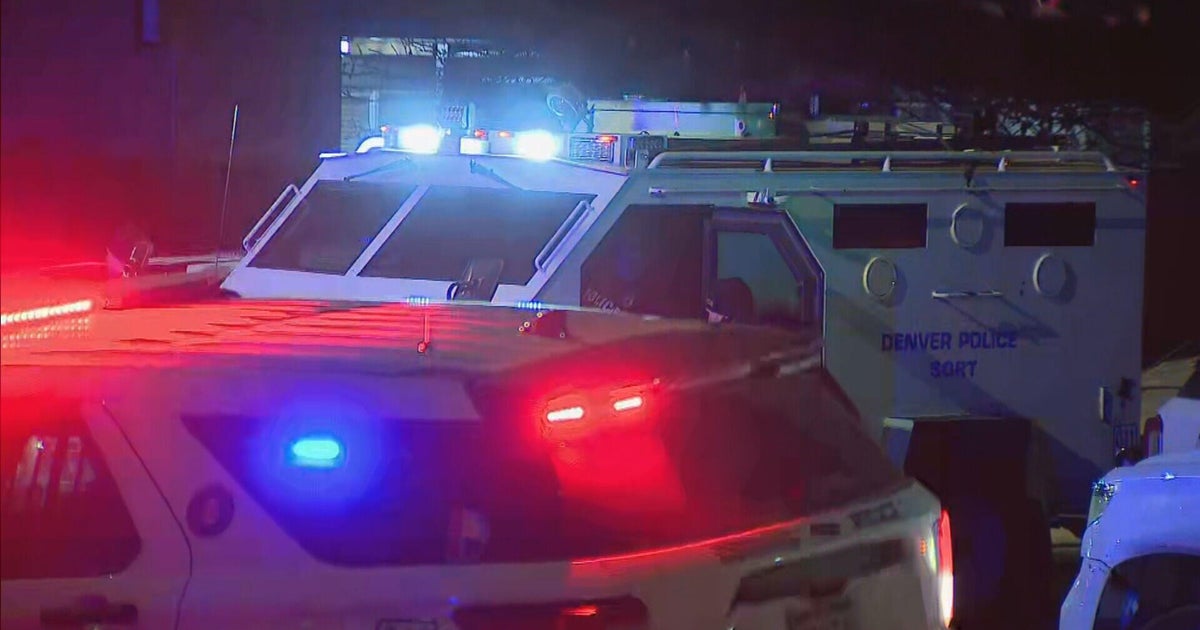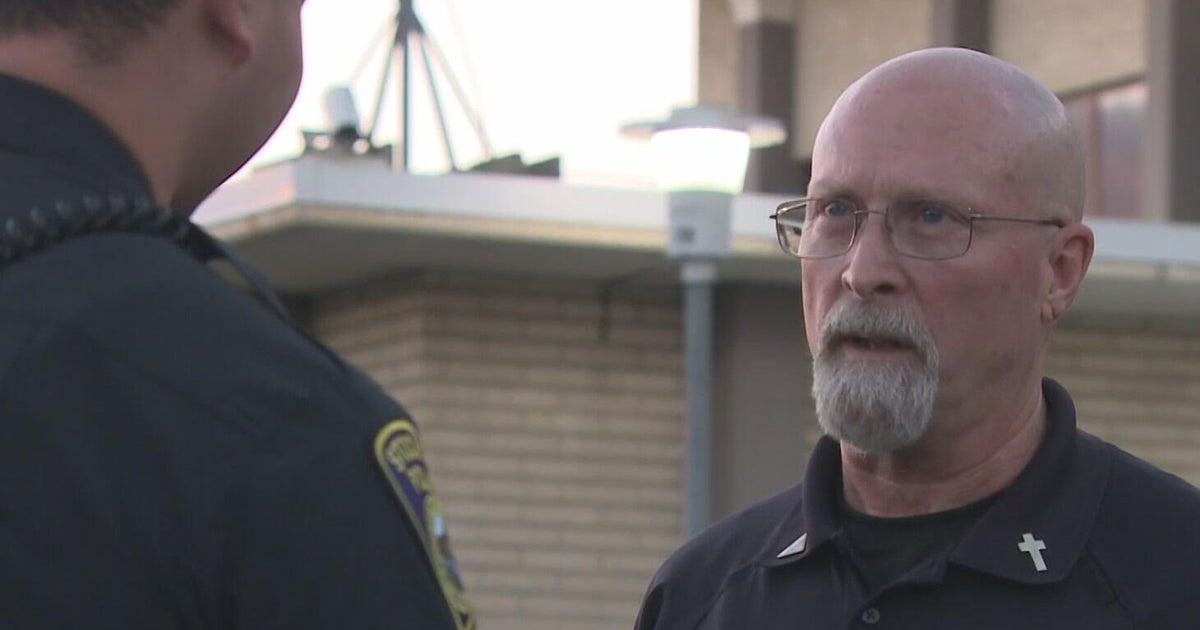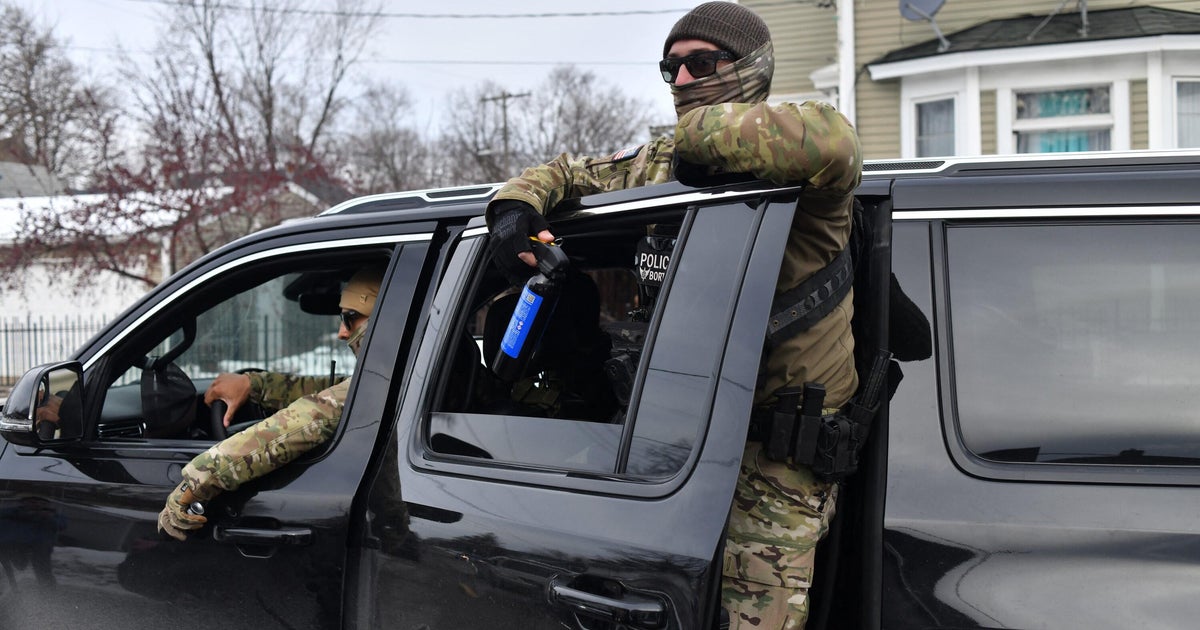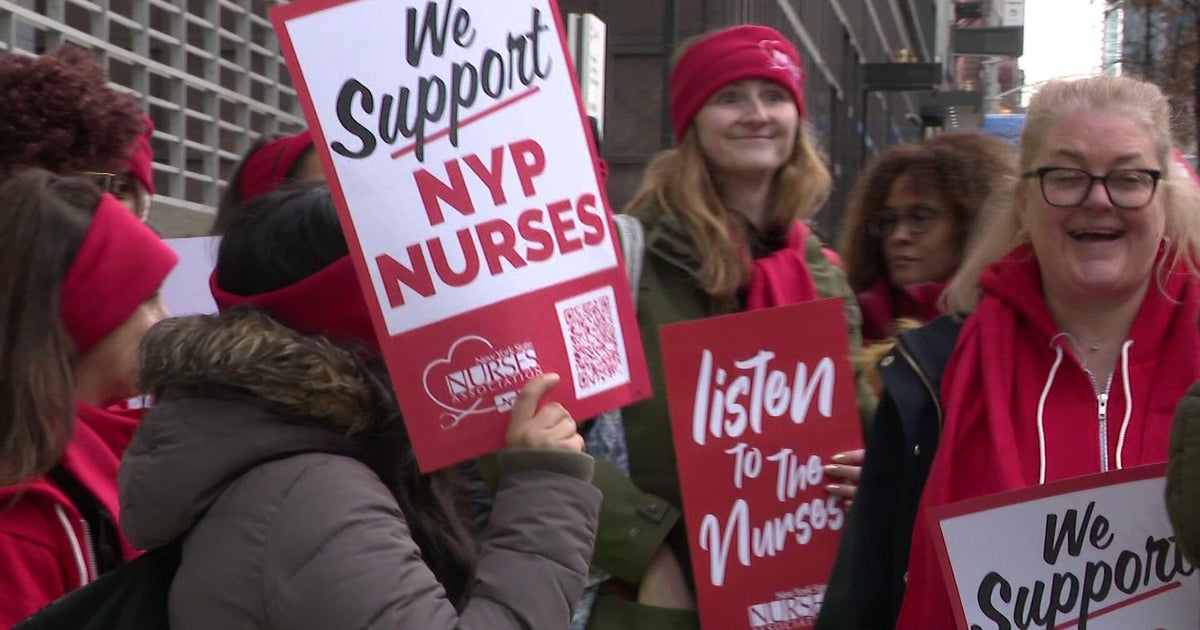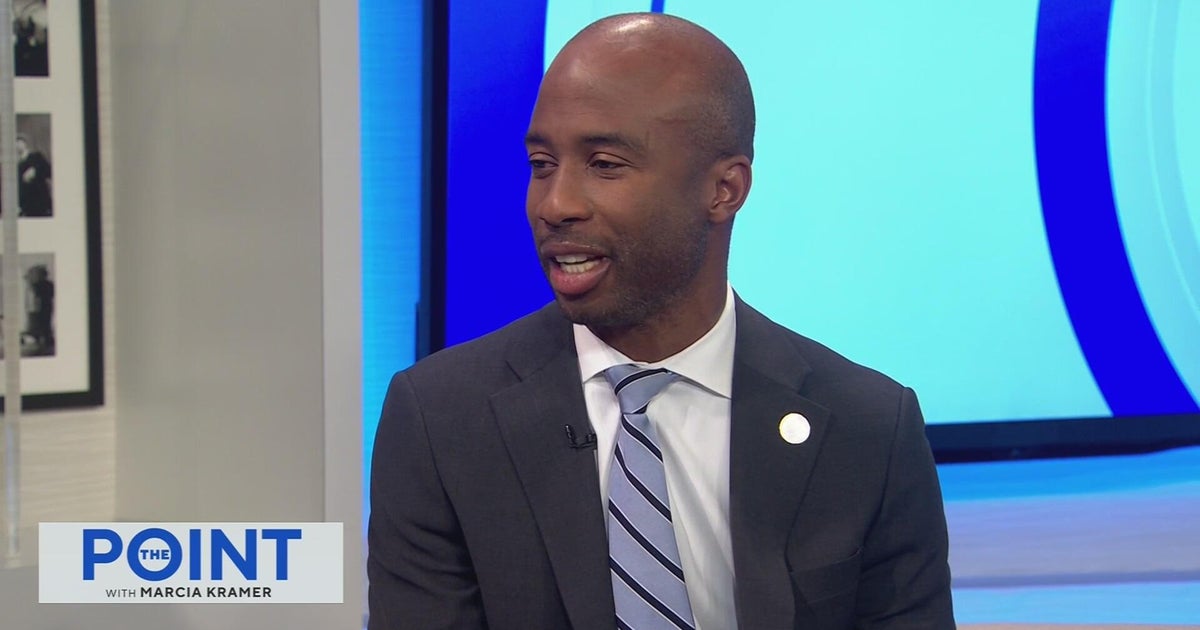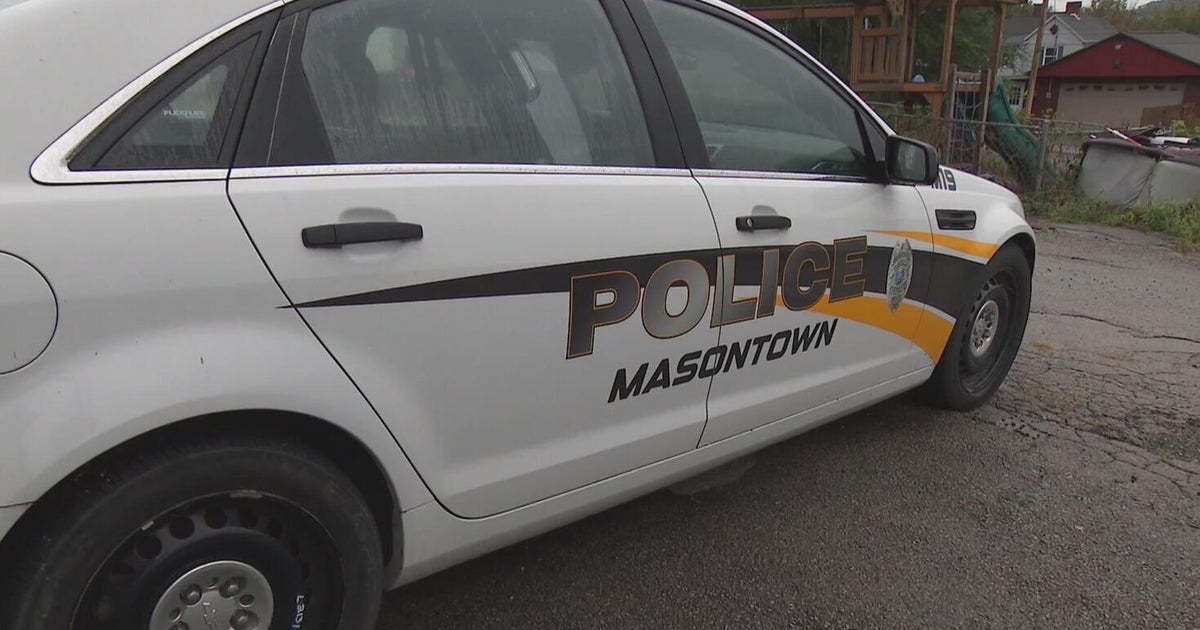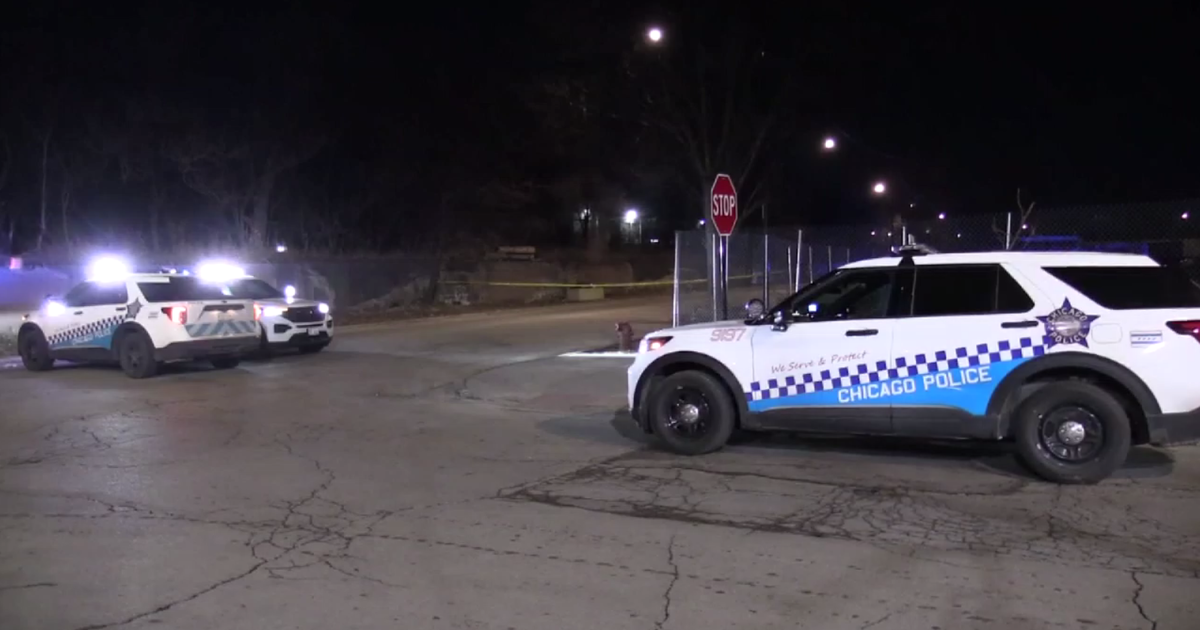NYC Police Union Urges Officers To Take Pictures Of Quality-Of-Life Offenders
NEW YORK (CBSNewYork) -- The Sergeants Benevolent Association is launching its own initiative to combat quality-of-life issues.
In a letter to its members, union president Ed Mullins urged officers while off duty to snap pictures of quality-of-life offenders to document what he says is "a city in decline."
"New York City has become a permissive place," Mullins told CBS2's Marcia Kramer on Monday. "We are an open invitation to come here because it's okay to smoke marijuana; it's okay to urinate in public; it's okay to remain homeless in the street."
Quite simply, the union wants to document what it sees as the decline of the city that has led to the homeless clogging the streets and doing things like bathing in the fountain at Columbus Circle.
Mullins blames Mayor Bill de Blasio and the City Council, which wants to decriminalize several quality-of-life offenses, Kramer reported.
"I want them to stop with the phony policies that exist," Mullins said. "What they are doing is they are jerking the public around."
Bob Ganley, the vice president of the SBA, told 1010 WINS' Glen Schuck, "You can't have aggressive panhandling going on in the City of New York. The amount of homeless people that are begging on the streets of the city, people urinating and defecating in places that they shouldn't be. It's not fair to the people that we represent, people that we serve."
Police Union Launches 'Peek-a-Boo, We See You!'
The campaign is called "Peek-a-Boo, We See You!" but Ganley said there's nothing "gotcha" about it. He insists the goal is not political, but to keep everyone accountable.
"We're hoping to hold members of the City Council and other politicians accountable, just as we are. Whenever there's a police encounter you have almost every citizen taking out a cellphone and videoing it and it goes live on every news media that there is," Ganley said.
The union plans to forward the pictures along to members of the City Council.
Kramer took the issue directly to de Blasio and Council Speaker Melissa Mark-Viverito.
Kramer: "I wonder if this campaign to try to make the government do something about it has made you and the speaker rethink whether you should change some violations?"
The mayor said he believes in making quality-of-life arrests, but insists there's a limit.
"There's no law in this country against sitting on a park bench. There's no law against standing next to a store and asking for spare change. But there sure as hell is a law against a lot of the quality-of-life abuses that bother a lot of us in this city," de Blasio said.
Added Mark-Viverito: "If someone is breaking a law, we want to make sure that's being enforced. At the same time, this council has been actively looking at low-level, non-violent offenses. These kinds of tactics are not going to dissuade us from having real legitimate public policy conversations."
In an interview with City & State magazine last month, Police Commissioner Bill Bratton stressed the importance of dealing with quality-of-life issues before they become bigger problems.
"If you neglect this, it becomes more serious. If you neglect that, it becomes even more serious," Bratton said.
The commissioner plans to train about 10,000 officers on how to better deal with aggressive panhandlers and the homeless. The officers will be accompanied in many cases by medical experts or homeless outreach experts to handle disruptive or quality-of-life situations, Bratton added.
Last week, de Blasio also unveiled a plan to deal with the mentally ill homeless who are also violent. The announcement came on the same day New Yorkers said their quality of life isn't very good.
Only 33 percent of New Yorkers say their quality of life is very good or good — the lowest ever measured by the Quinnipiac poll. Meanwhile, 65 percent say their quality of life is fair, poor or very poor.
